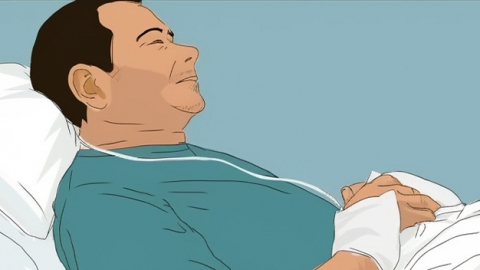What are the causes of death in sepsis?
The causes of death from sepsis include multiple organ failure, severe infection spread, shock, coagulation disorders, and metabolic disturbances. If symptoms such as high fever with chills, confusion, or difficulty breathing occur, immediate medical attention at an emergency department is necessary.

1. Multiple organ failure: This is the primary cause of death in sepsis. Bacterial toxins and inflammatory factors continuously damage vital organs such as the lungs, kidneys, and liver, leading to progressive loss of organ function. When normal physiological activities can no longer be maintained, death may result.
2. Severe infection spread: This condition allows the infection to rapidly spread from a localized site throughout the body. Bacteria multiply extensively in the bloodstream, causing septicemia, which further intensifies the inflammatory response, compromises the body's immune defenses, increases treatment difficulty, and threatens life.
3. Shock: Most commonly septic shock, this occurs when sepsis triggers widespread vasodilation and a sudden drop in blood pressure, resulting in inadequate blood supply to tissues and organs throughout the body. Critical organs such as the brain and heart suffer from hypoxia and ischemia, potentially causing irreversible damage within a short time and leading to death.
4. Coagulation dysfunction: This disrupts the balance between the body’s clotting and anticoagulant systems, leading to either widespread bleeding or thrombosis. Bleeding can cause hemorrhagic damage to vital organs, while blood clots can block vessels, worsening organ ischemia and accelerating disease progression.
5. Metabolic disturbances: These lead to severe abnormalities in energy metabolism and acid-base balance. Cells are unable to obtain sufficient energy, and accumulation of acidic substances impairs cellular function, disrupting normal organ operations and contributing to disease deterioration and eventual death.
In daily care, close monitoring of the patient's vital signs is essential. Maintain skin cleanliness to prevent infection, ensure adequate nutritional intake to enhance immunity, assist the patient with regular repositioning to prevent pressure ulcers, strictly follow medical instructions for medication administration, and document any changes in the patient's condition.




